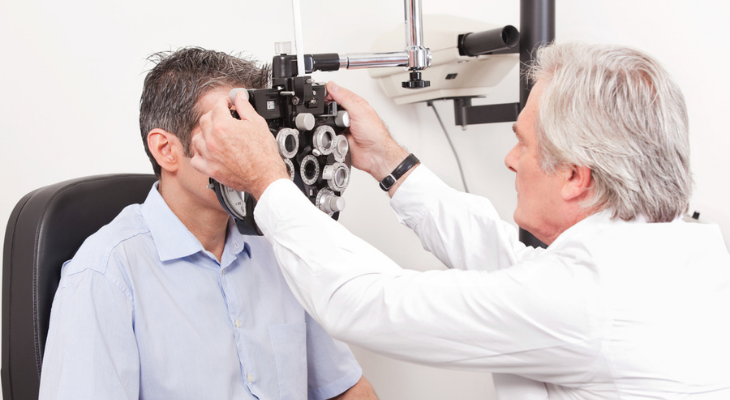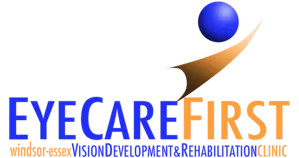
Using Vision Therapy to Help Adults Improve Their Eyesight
Vision therapy isn't just for children. If you're an adult who struggles with reading issues, depth perception problems, eyestrain, poor balance, double vision, or other issues, vision therapy may be an excellent solution for you.
Poor Vision Isn't Always Obvious
If you've had lifelong reading or coordination issues, you may have assumed that nothing could be done to correct your problem. In fact, you might have thought you just weren't smart enough or were naturally clumsy. In reality, your issues may actually be related to a problem with your vision.
Acuity (the sharpness of your vision) is just one part of good vision. You can still have a vision problem even if you have 20/20 vision or use contact lenses or glasses to make your vision clearer.
Seeing involves a complex relationship between your eyes and your brain. Your eyes send electrical impulses to the brain via the optic nerve. Once the brain receives the impulses, it processes and interprets the images and stores them in your short- and long-term memory. Any glitch in this system can cause problems that may affect your vision and make your life more difficult.
Comprehensive eye examinations offered by vision therapists include in-depth tests that determine how well your eyes focus and work together. The tests can also uncover subtle vision issues that can affect depth perception, eye-hand coordination, tracking, visual memory, visual perception, and other important functions.
Signs That May Mean You Have a Vision Problem
Reading difficulties don't just affect school performance but can cause difficulties throughout your entire life. It's not easy to read a book to your child or decipher a report at work if the words look blurry or seem to move around on the page. Vision problems can also cause:
- Poor reading comprehension
- Difficulty remembering or understanding what you've read
- Reversed letters or numbers
- Illegible handwriting
- Difficulty copying or spelling words correctly
- Trouble keeping your place when reading
When you have a problem with your vision, you may become tired or experience double vision after reading just a few pages. Do you find it easier to see if you tilt your head, squint, or close one eye? Those creative adjustments help you see better if your eyes don't work together as a team. But, they can cause eyestrain, headaches, and tight muscles in your neck and shoulders. Do you suffer from motion sickness? An issue with your vision could be the reason you feel unwell when you're a passenger in a car or boat.
Coordination or balance problems can also be related to your vision. Good depth perception and hand-eye coordination skills are essential when you park your car, throw and catch a ball or judge the location of your body relative to the space around you.
Vision Therapy Can Help You No Matter What Your Age
Your brain has the incredible ability to adapt and form new pathways at any age. Although it's true that's it easier for the brain to make changes when you're young, researchers have discovered that older brains are resilient too.
For years, doctors and researchers believed that treating strabismus wasn't effective in teens and older people. The condition, a common cause of reading problems, occurs when the eyes are misaligned. Your brain struggles to make sense of the slightly different information it receives from each eye even if you only have a slight misalignment. Eventually, the brain may begin to ignore information from one eye, a condition that's known as amblyopia, or lazy eye.
Fortunately, vision therapy offers an effective way to treat strabismus, amblyopia, and other vision conditions. Adults with amblyopia who participated in a research study at the University of California at Berkeley in 2011 experienced significant improvement in their vision after playing computer games that emphasized target shooting or object building. Visual acuity improved by 30 percent after 40 hours of playing the games.
Vision therapists use a variety of tools to improve your vision in addition to computer games. You might stand on a balance ball and bat at a colored ball to improve eye tracking, eye-hand coordination, and balance. Matching games could help you improve your visual memory and make it easier to retain the information you read. Prisms, special lenses, and eye exercises may also be used during your vision therapy sessions.
Would you like to find out if vision therapy could help you? Contact our office to schedule an appointment for a comprehensive eye exam.
Sources:
Berkeley News: Playing Video Games Helps Adults with Lazy Eye, 8/3/11
College of Optometrists in Vision Development: What Is Visual Motion Hypersensitivity, 3/19
New York Times: Vision Therapy to Boost Sports Performance, 5/6/14


